Description
Qu’est-ce que le Hojicha?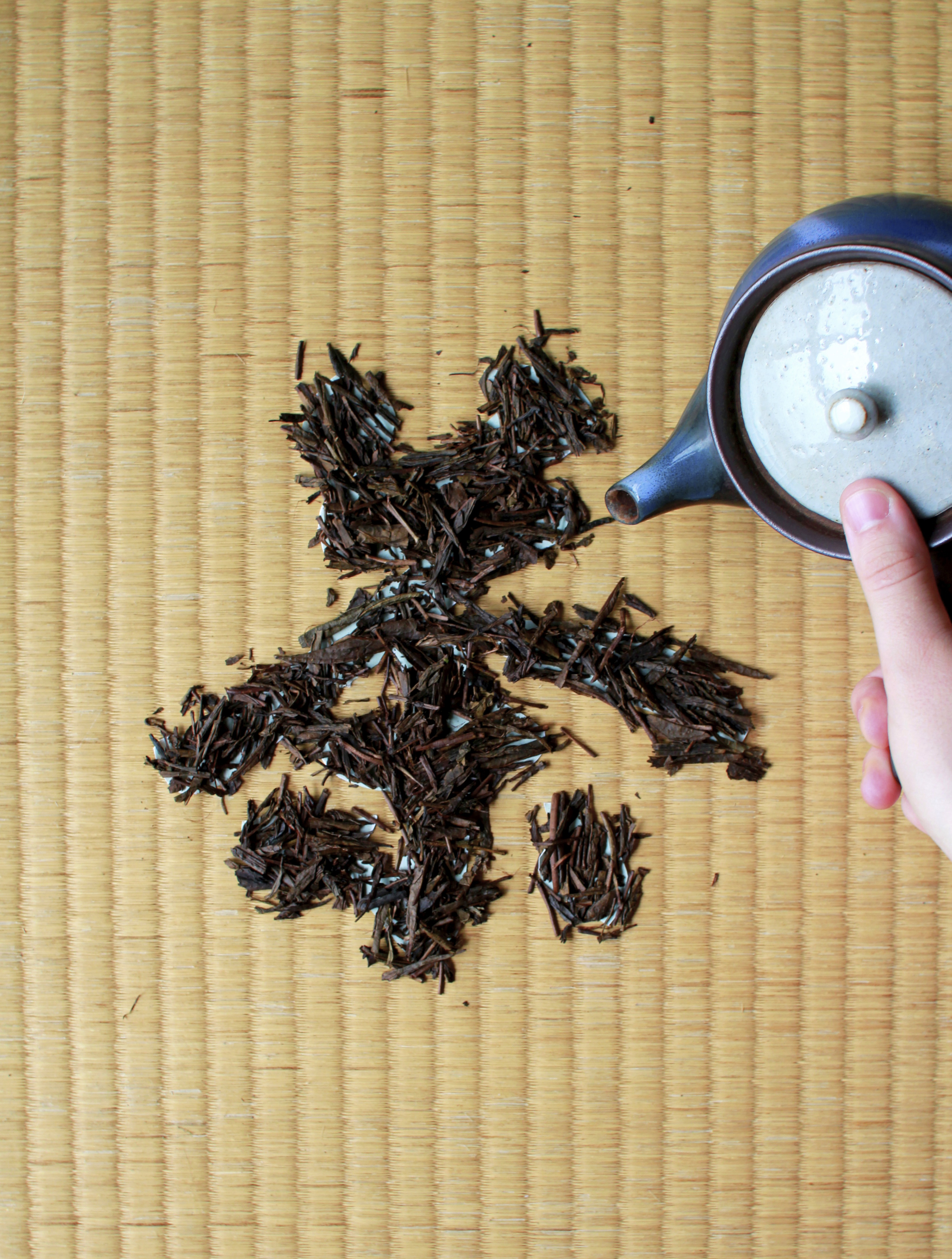
Bien qu’il ne soit pas de couleur verte, le Hojicha (焙じ茶 ), littéralement « thé torréfié », est tout de même considéré comme un thé vert. Sa couleur brune ambrée et son doux parfum de noisette grillé résulte de la torréfaction des feuilles.
Il est le plus souvent fabriqué à partir de thé vert de moyenne à basse qualité, souvent de grade Bancha, ou de thé de tiges Kukicha (Bocha).
Il est néanmoins tout à fait possible d’utiliser d’autres types de thé plus haut de gamme.
Pour torréfier les feuilles de thé de la façon la plus homogène possible, les producteurs ont souvent recourt à une technique de torréfaction au sable ou au charbon.
Lors du chauffage du thé à haute température, la caféine présente dans les feuilles est en grande partie dissoute. Le Hojicha une donc une boisson peu caféinée et facilement consommable tout au long de la journée et en soirée, et peut convenir tout autant aux enfants qu’aux personnes âgées.
Sa douce saveur grillée est aussi souvent appréciée des personnes souhaitant passer du café au thé.
Profil de l’agriculteur
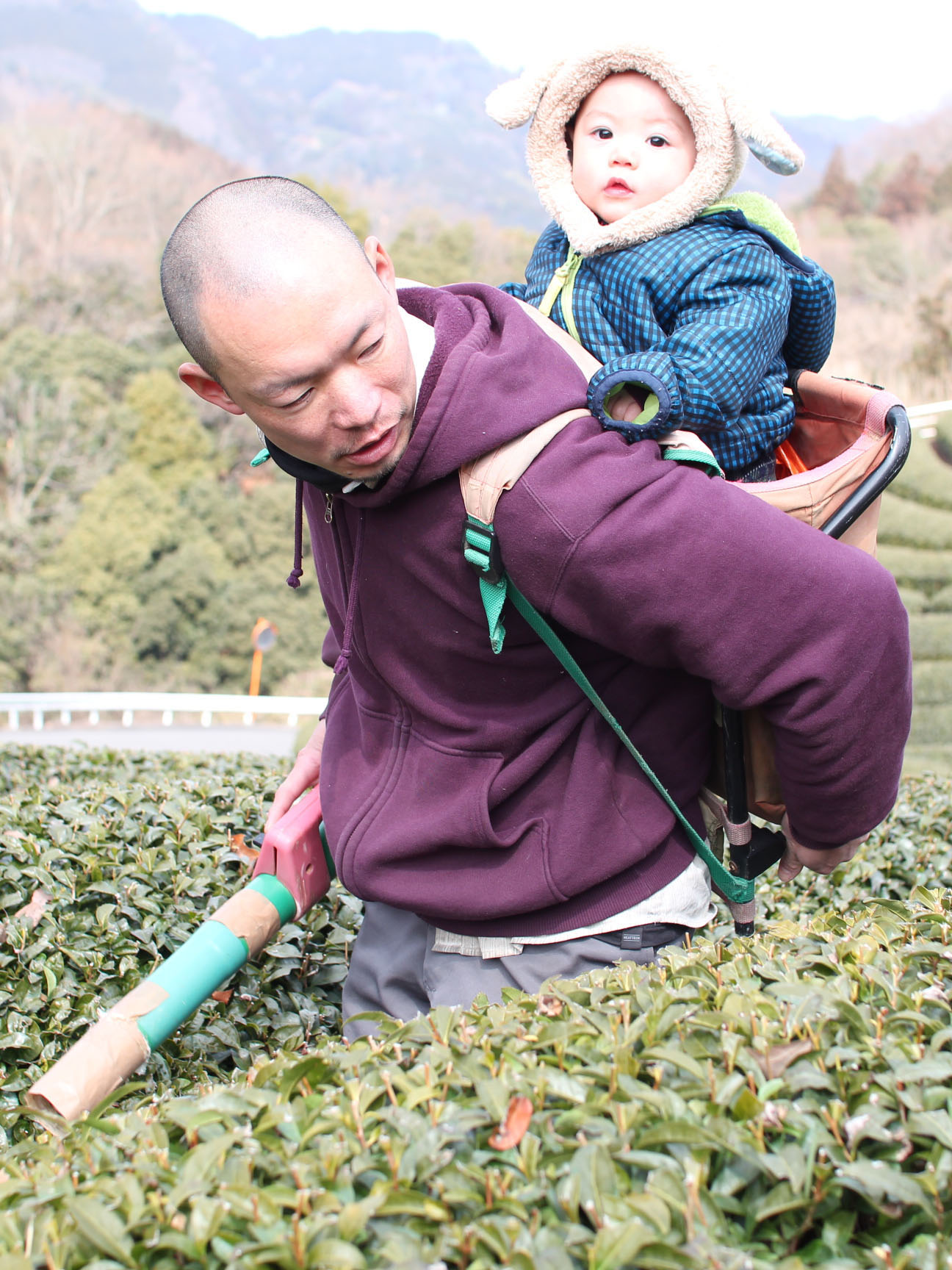
Akihiro Kita dit « Akky » est le président et l’exploitant agricole principal d’Obubu Tea Farm.
La création d’Obubu Tea est à l’origine de son désir de rendre le thé japonais accessible à tous !
Lors de ses années à l’université, Akky s’est fait engager en tant qu’employé saisonnier dans le village de thé de Wazuka et … ce fût le coup de foudre!
Il prit alors la décision de quitter l’université pour consacrer tout son temps à maitriser l’art de la culture du thé en devenant lui-même producteur.
Prenant conscience de l’envie et du besoin des agriculteurs indépendants tel que lui de partager la joie que procure une simple tasse de thé, il voyage depuis tous les ans durant la période hivernale pour diffuser sa passion pour le thé japonais avec des gens du monde entier.
Méthode de fabrication et guide d’infusion

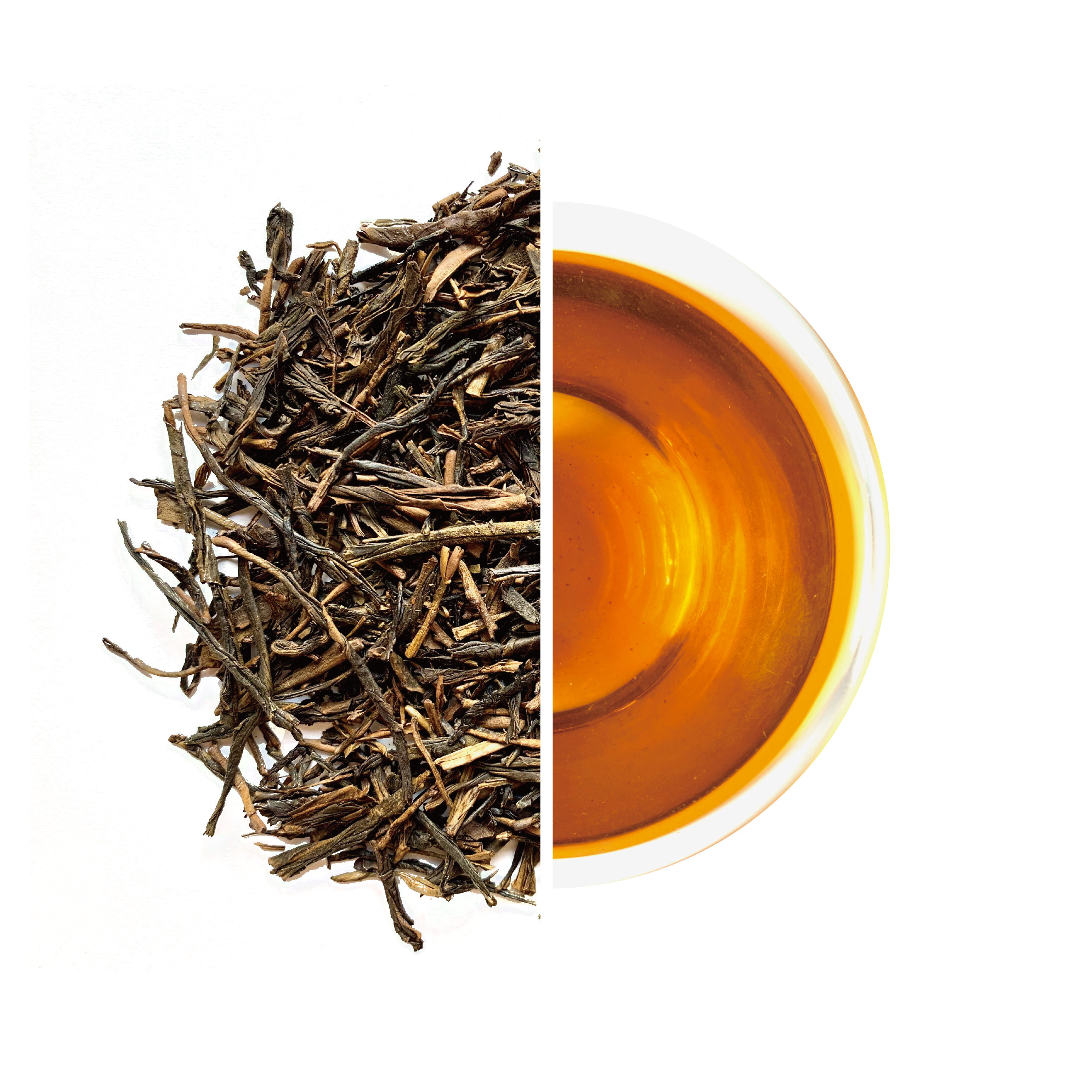
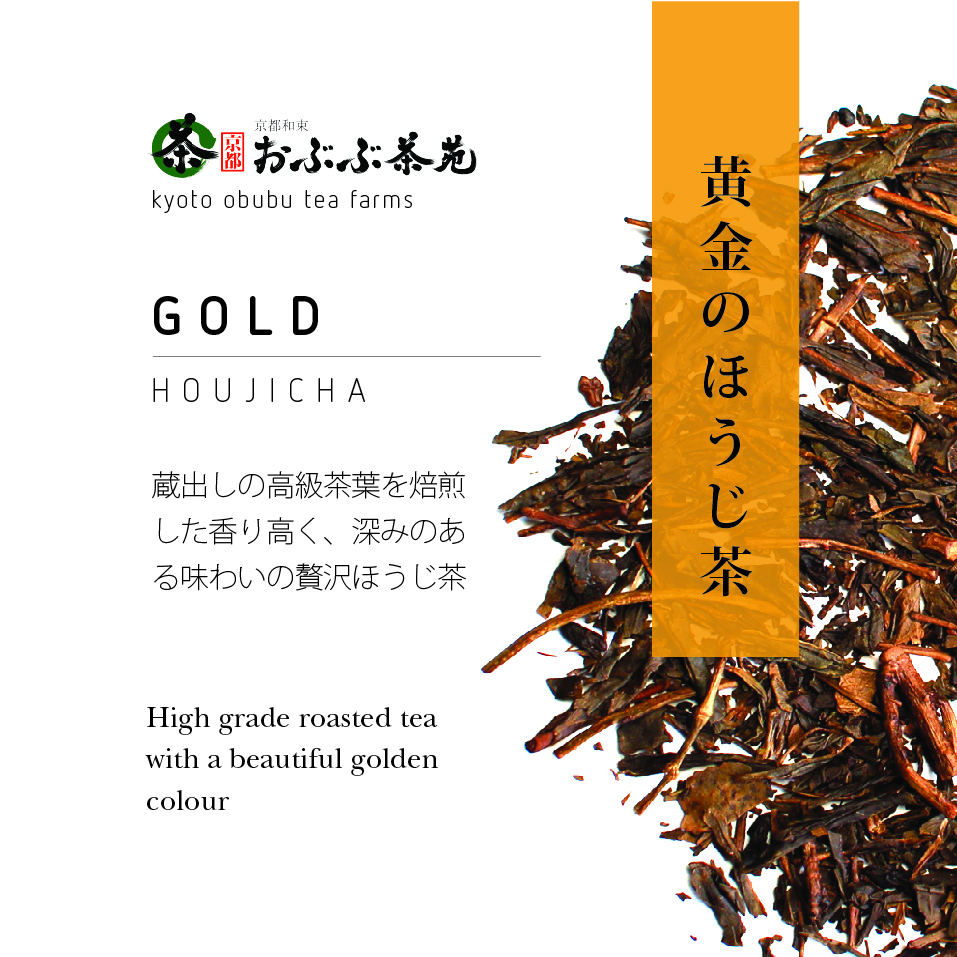
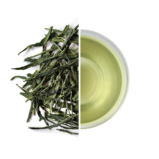
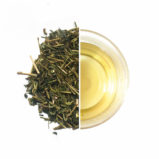
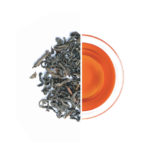
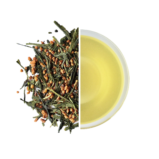
Obubu Tea –
Reviews by tea professionals and enthusiasts:
« The dry leaves have a peppery, smoky aroma with notes of seasoned wood and a hint of brown sugar.
The golden infusion has a rich aroma of roasted nuts and smoky wood with a rich, smooth taste of roasted nuts and sunflower seeds, a thick and savory umami, and a long savory finish. The rich and savory aroma and taste you can sink your teeth into carries through two infusions. A third infusion is worth tasting as it begins to take on a green vegetal flavor and aroma and the liquor color becomes pink and gold » – Heather Porter, 2016
« My first Hojicha! Absolutely fantastic, you get the grassy, melon, tropical notes I like in a Sencha but with a toasty undertone to it »- Kevin, Yunomi reviewer, 2016
« This is first houjicha I really like of all houjichas I’ve drunk so far. It’s complex, refreshing tea. The reason for that might be the fact that houjicha is normally made of bancha tea leaves (which is considered as the lowest grade of all Japanese teas) whereas in this one Sencha tea leaves were used.
First thing that hits you even before you take your first sip is the dominance of roasted and nutty aroma in this tea. It’s very well balanced, it does not bother you as in some other houjichas. Similar to aroma taste is dominated by roasted and nutty flavors too. It’s refreshingly sweet, with no sign of astringency. The mouthfeel is delicately sweet »- Mehmet Emin Akyuz, 2015
“I have had the opportunity to try MANY different hojicha. Some I’ve liked better than others (although I can’t really recall ever not liking a hojicha that I’ve tasted.) But this Hoji Cha Gold – also called Houjicha Gold – from Kyoto Obubu Tea Farms is one of the very best, if not THE best, that I’ve tried!
What makes this tea different? This houjicha consists of only roasted Sencha leaves (rather than a combination of Bancha and Sencha, or just Bancha leaves) … maybe that’s the reason for the better flavor. I don’t know.
What I do know is that I taste a really deliciously sweet, roasty-toasty, nutty flavor. I taste not just nutty flavors, but hints of caramel and even a slight floral tone that is interesting.” – by Sorosi Tea Sisters, 2014